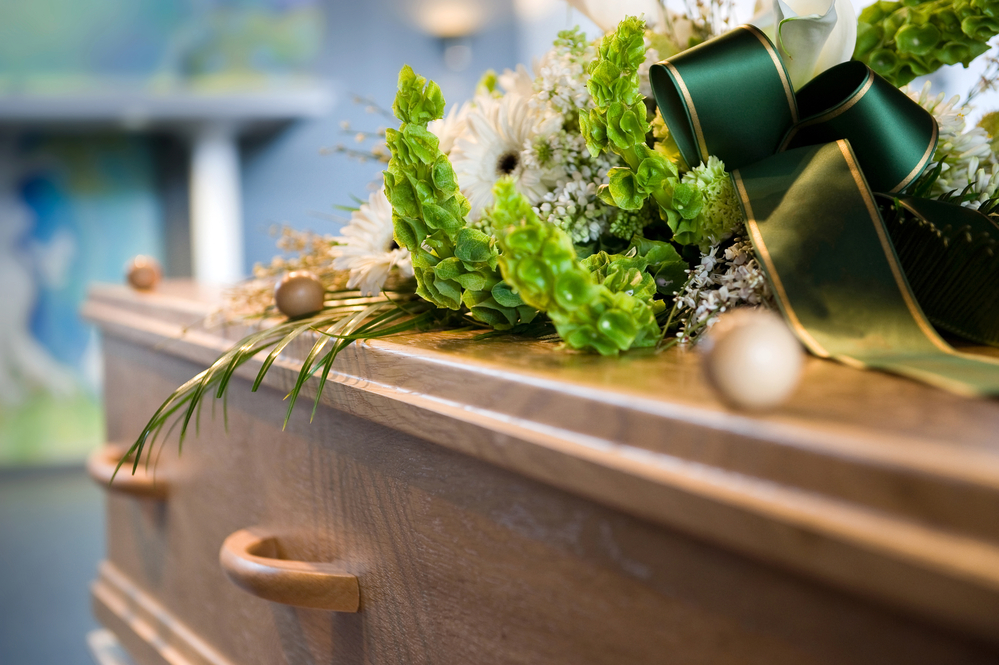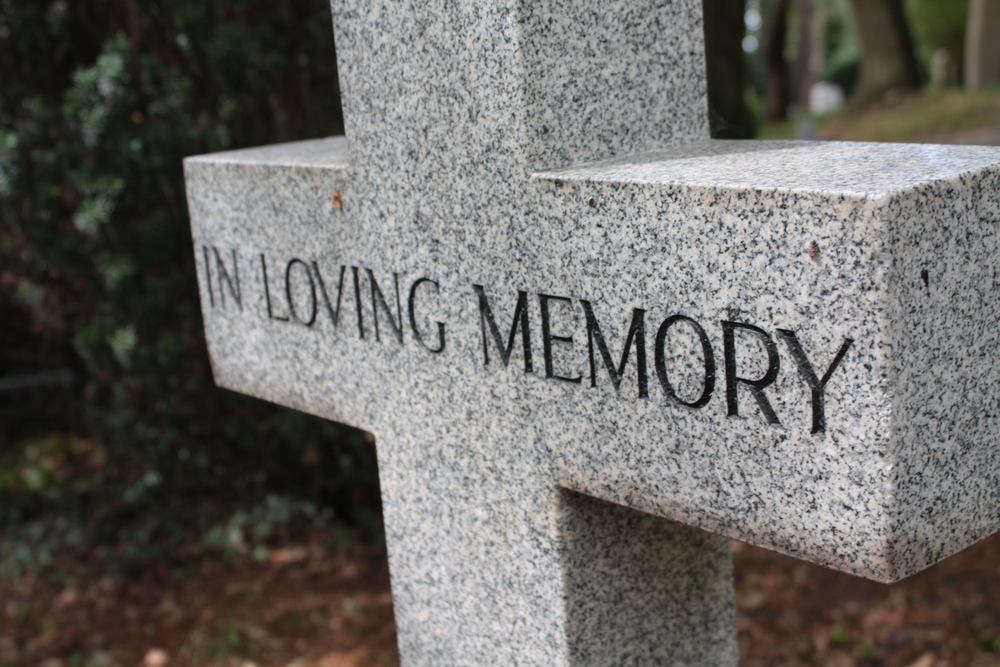
Dealing with the death of a family or friend is never an easy time, but dealing with the loss of a loved one in the middle of a worldwide pandemic is even tougher. COVID-19 has impacted funerals in more ways than one. With social distancing guidelines handed down from the CDC, as well as individual state rules, all aspects of our lives have changed. For a large majority of businesses, COVID-19 has had a profound impact on their operations, and funeral homes are no different.
Although funeral homes never shut down, deaths still occur. And due to the virus, those numbers have dramatically increased. Even though funeral homes are still open, how people mourn, celebrate, and remember a loved one who has passed has become increasingly difficult.
Typically, when a loved one passes away, the family would gather friends and family and plan a large funeral to mourn and celebrate their loved one’s life together. This tradition, amongst others, has shifted recently due to the events happening around the world.
Cremation on a Rise
In 2015, the number of cremations that a funeral home did surpass burials for the first time in U.S. history. At the start of 2020, burial was projected to be down to 37.5 percent of the population while cremation was up to 62.5 percent. Due to COVID-19, the use of cremation has continued to rise and will continue to rise for the foreseeable future. This shift has caused many families to postpone services until restrictions are lifted in their area. In April, the CDC mandated that gatherings over 10 people had to be canceled or postponed to a later date. Funeral homes around the country have flipped on the types of burials they traditionally do. Funeral homes are going from 90% burials and 10% cremations to 90% cremations to 10% burials.

A Different Way of Grieving
Whether a death in your family was caused by COVID-19, unrelated condition, or a tragic accident, our grief process has changed. Traditionally, families would throw large celebrations and gatherings of friends and families to honor the person they care about. Due to the limitations of gatherings and social events, the grieving cycle has shifted. Grieving is apart of the healing process, and having family and friends to be around while going through that plays a huge role in how quickly you can heal. It’s not healthy to mourn alone, as the mind tends to wander and the healing process can take significantly longer.
Funeral Directors Jobs Have Changed
The job of a funeral director has become much more difficult and time-consuming because of all the restrictions and changes that the CDC has handed down. The process of receiving a body after someone has passed has become much more troublesome. The body has to go through proper screening and the team at the funeral home has to take extra precautions and increase sanitation measures when handling the body of someone who has died from COVID-19. The funeral home has to jump through a lot of hoops now to receive the body.
A funeral director would typically visit the hospital, meet with a staff member, and then be escorted to the morgue. In today’s environment, they are screened by the front entrance staff, taken to get admitted into the hospital, dropped off at security to make sure they received the proper screening, and then eventually taken to the morgue. Doing that multiple times a day at multiple different hospitals can become tedious and make the process much longer.
The sudden influx of deaths, whether they are related to COVID-19 or not, has overwhelmed many funeral homes to the point where they can not take any more bodies. At the height of COVID related deaths, New York City hospitals were renting refrigerator trucks to store bodies because they were running out of room and funeral homes were overbooked. If a family couldn’t arrange to pick up the body in 8 days, the city officials planned a funeral and had a temporary gravesite in a public park.
Don’t Go Through It Alone
We know how hard death can be, but that doesn’t mean you have to do it alone. At Wyuka Funeral Homes, we want to help make the process as seamless as possible for you and your loved ones – please don’t hesitate to reach out for additional information. Call us at (402)-474-3600 and speak directly with one of our Funeral Directors
If you’re planning a funeral, learn more about CDC funeral guidance by clicking here.

0 Comments